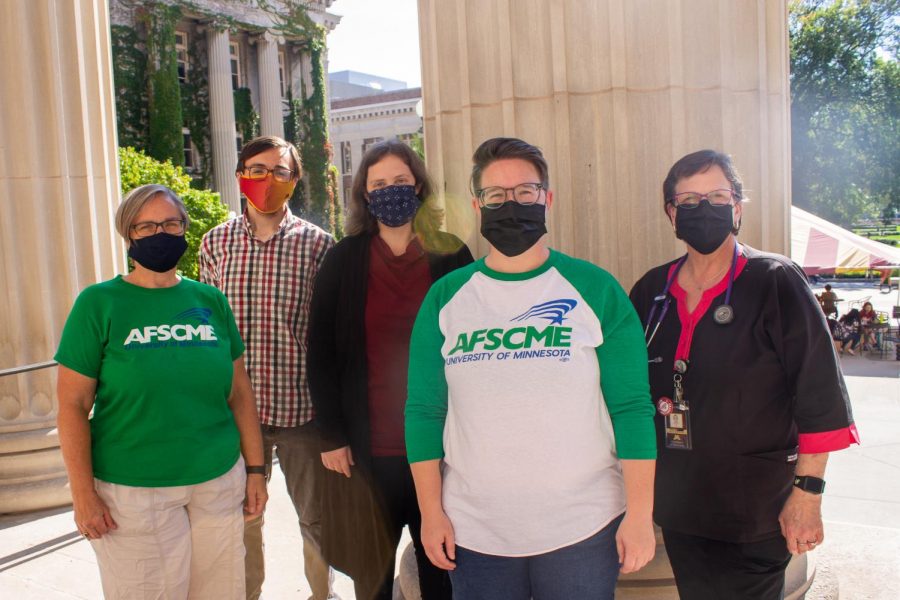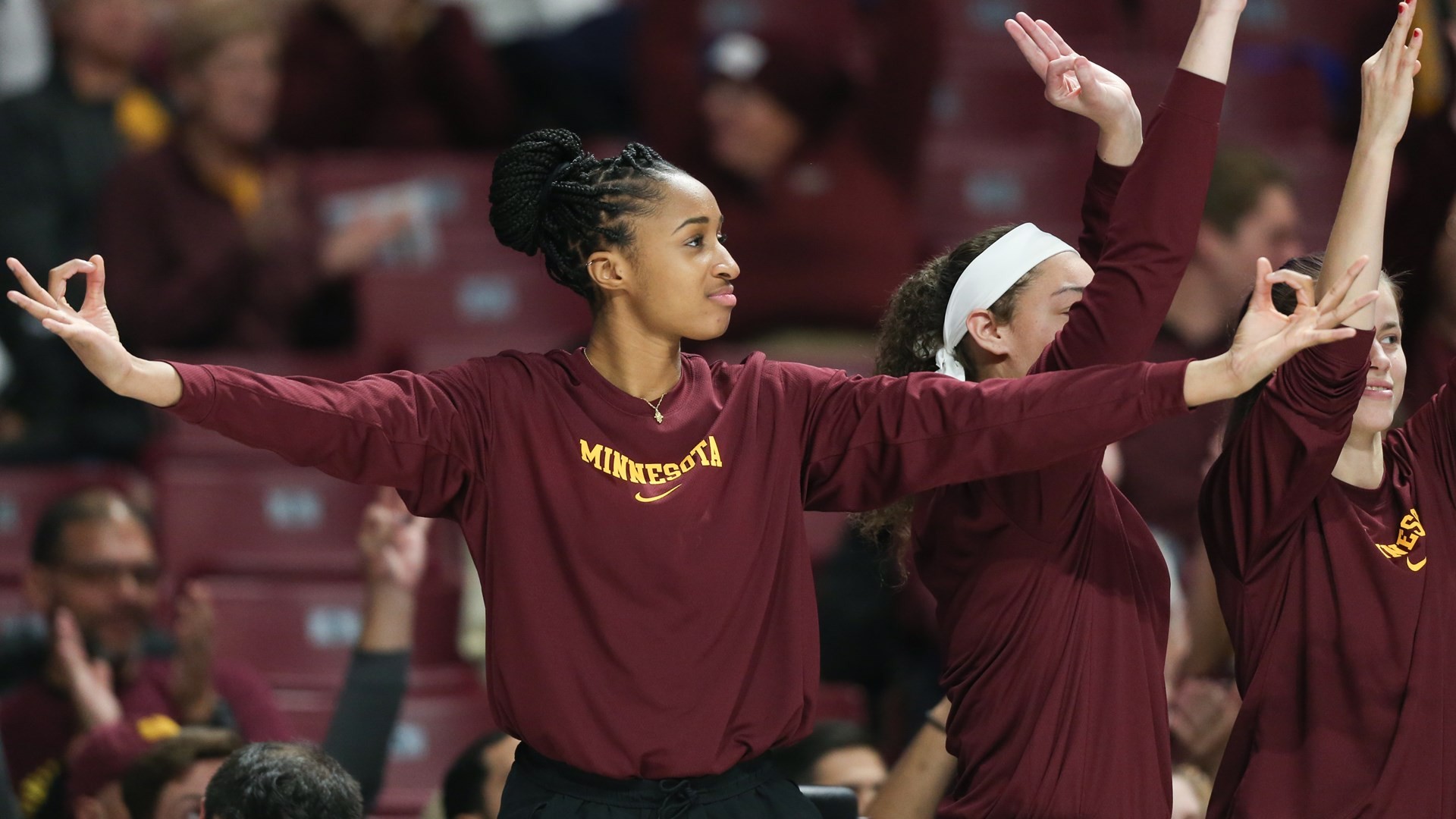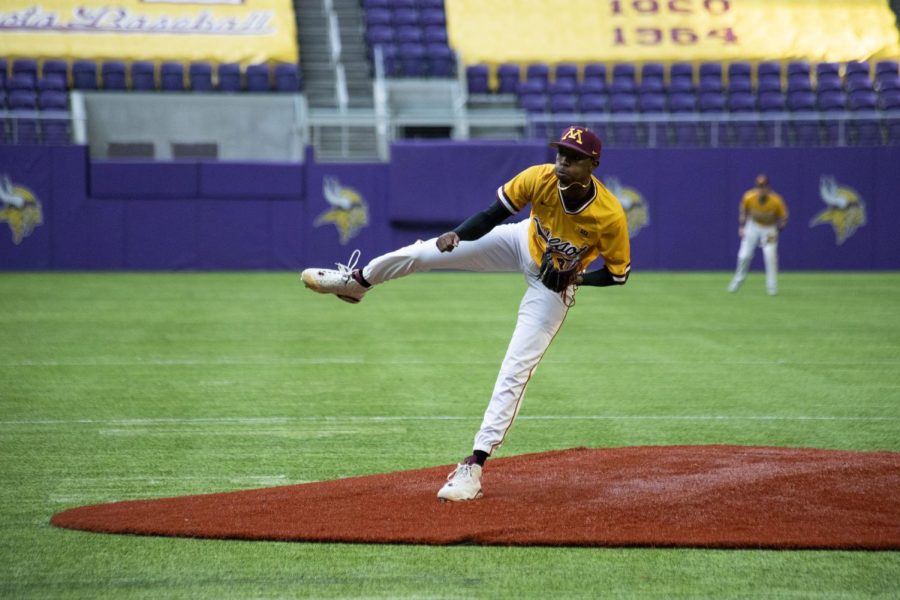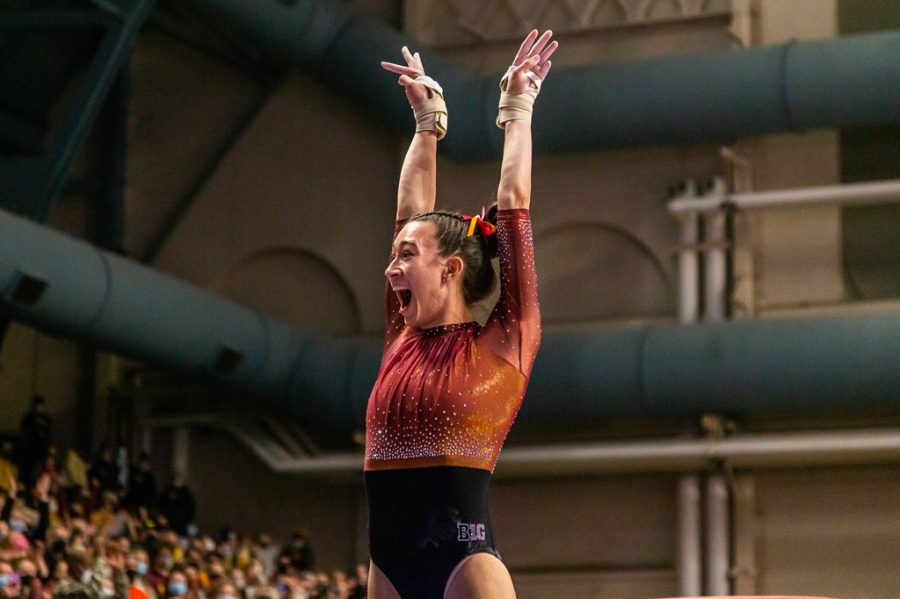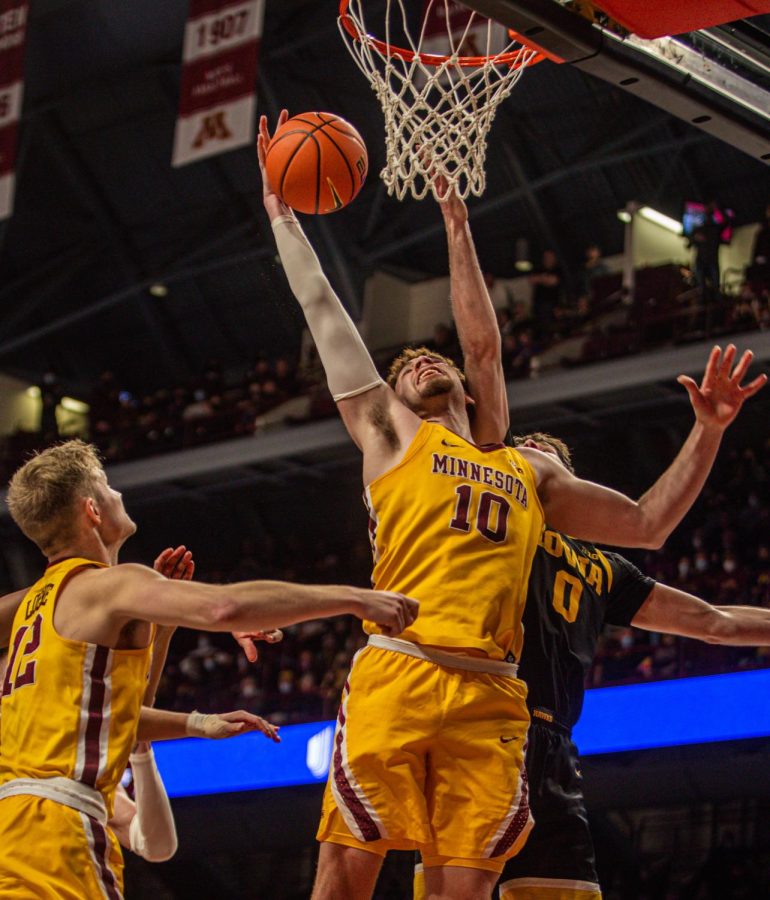Union negotiators returned to the table last month to continue bargaining with the University in hopes of negotiating a new contract that considers the various impacts of COVID-19 on employees and creates a more equitable workplace.
The two parties have been meeting frequently for day-long sessions to negotiate the demands.The American Federation of State, County and Municipal Employees (AFSCME) represents clerical and some healthcare workers at the University as they negotiate a new two-year contract.
In an effort to encourage negotiations to continue at a faster pace, union leaders protested at the Oct. 7 Board of Regents meeting. They also held a rally in front of Coffman Memorial Union on Sept. 22.
“The University has been, I would say, a bit slow this time around and not as prepared in each session for meetings,” said Cherrene Horazuk, president of AFSCME 3800. “But it’s not uncommon for us to be bargaining into the fall.”
Work modality flexibility
One demand union workers are pushing for is increased flexibility to work remotely and in-person. AFSCME is pushing the University to create objective guidelines for work modality based on job descriptions and duties, Horazuk said.
“The decision was made back in June of this year by my manager to mandate all of us to be back on site 100% full-time regardless of what we were doing, particularly on the basis of us being clerical workers rather … than on [the] basis of what work we are doing,” said Jack Smith, a clerical worker with Research Animal Resources.
Smith said while he and his coworkers had to return to the office, his manager was able to continue working at home. He said he knows workers in other departments with similar situations.
Some workers who must return to the office are concerned about the effect it could have on their health, and the health of others around them.
Rachel Katkar, an administrative assistant in the School of Dentistry who works in the office three days a week, said her child cannot get vaccinated yet and has other health concerns.
“What we do in our private lives is really coming to the forefront … so there really is a lot more risk for certain individuals,” Katkar said. “It’s something that’s on my mind all the time, being as careful as I possibly can be, but there’s always a risk certainly in coming in.
Ultimately, individual departments and supervisors have a high degree of authority to make decisions and determine work modalities, which results in some departments providing more flexibility than others, Horazuk said.
Essential worker pay and pandemic response
Another demand union workers are pushing for throughout negotiations revolves around the University’s essential health workers, their working conditions and pay throughout the pandemic.
Deb Pavlica, president of AFSCME Healthcare 3260, said she does not think the University vaccine attestation policy is an effective measure to guard against increasing COVID-19 variants among faculty and students, nor is there sufficient mitigation of students going to gatherings and bringing the virus back to campus. As students continue to get sick, this creates more work and possible dangers for University healthcare workers.
AFSCME has a proposal for the University to create more comprehensive vaccine and testing requirements, Horazuk said. They asked the University to send testing reminders to staff and faculty who declined to answer if they’re vaccinated on the attestation form. The University denied this request saying some people who declined could be vaccinated.
“We think they’re more interested in protecting themselves from legal liability than they are in actually providing a safe and healthy environment,” Horazuk said.
Additionally, essential workers want a pay raise that equates to the extra work they have done and continue to do throughout the pandemic, Pavlica said. At the start of the pandemic, workers received an additional $2 each hour, but that ended in June 2020.
“You just keep pushing us further and further to the point where people have quit … and we can’t find people to come,” Pavlica said. “We’re tired. The front line is so tired.”
The University is currently offering a 1.5% pay increase as part of the contract in negotiations. This increase isn’t enough to keep up with inflation and increased energy costs, Sande said.
“For some of our workers who are some of the lowest paid employees at the University of Minnesota, that’s less than 25 or 20 cents an hour,” said Andrea Sande, president of AFSCME 3801 at the University of Minnesota Duluth.
Now, union workers are asking for an across-the-board increase of 75 cents an hour.
Meaningful raises would recognize the work of clerical employees throughout the pandemic, many of whom are typically women and people of color, Sande said.
Improving workplace equity
Another topic union workers are currently negotiating encompasses improving workplace social and racial equity, said Sarah Vast, a clerical worker in the College of Education and Human Development and secretary of AFSCME 3800.
Some of these demands concern accessibility for transgender and gender-nonconforming workers. For example, Vast, who is gender-nonconforming, said they must travel across three buildings on campus to access a restroom that is safe and comfortable for them.
AFSCME also has proposals around hiring practices. While many University jobs don’t require a four-year degree, oftentimes only degree-holding candidates are hired.
It is important to think about what jobs are truly entry level and keep in mind the historically marginalized groups surrounding the University community that may be applying for jobs, Vast said.
“[It’s important] getting the University to think about how they recruit and also train and support and develop and retain a truly diverse workforce,” Vast said.
AFSCME and the University began negotiating these contract demands, which consist of about 70 proposals, in June. The next bargaining session is set for Oct. 12. The University so far has not moved on many of the union’s top priorities, spurring members to mobilize more workers to push negotiations, Horazuk said.
“We know that when the University hears that buzz, that’s what moves them,” Horazuk said. “We’re bargaining not just for ourselves, but for the thousands of frontline workers at the University who deserve raises and respect.”


